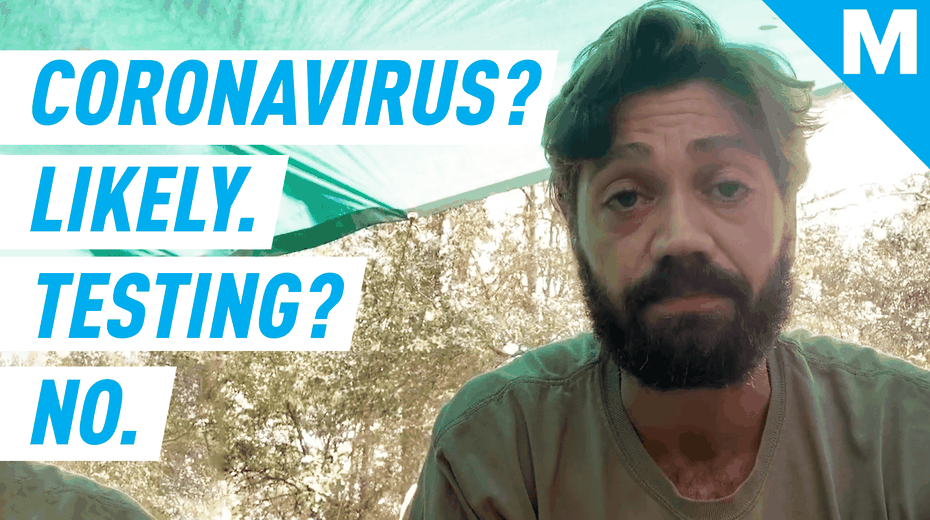The coronavirus has reached an isolated part of an already remote national park in Alaska.
On Sunday evening, Katmai National Park and Preserve — home to the livestreamed bear cams — announced “multiple cases” of COVID-19 at Brooks Camp, the place where visitors come each summer and fall to see the park’s famous brown bears and migrating salmon. The infections, which forced a temporary shutdown of the camp, underscore how easy it is for this new coronavirus to spread between people anywhere, largely through airborne transmission.
“The primary transmission of COVID-19 is from person-to-person through respiratory droplets,” says the CDC, who notes transmission can happen from “those with mild symptoms or those who do not feel ill.”
Naomi Boak, the media ranger at Katmai National Park and Preserve, wrote an online message Sunday that the park began weekly testing for its staff last week, whose rangers are exposed to visitors who aren’t required to wear masks. Additionally, staff like Boak quarantined for two weeks near park headquarters before flying out to Brooks Camp.
“But this virus is sneaky and it came to us despite best efforts,” Boak wrote.
“I am one of those who tested positive,” she said.
Due to positive test results, the Brooks Camp Developed Area (BCDA) will close starting 12:00am 7/27 through 8/10. We will bounce back from this setback after all appropriate measures are taken for us to reopen safely. Areas outside the BCDA remain open.https://t.co/IJR8mY9OzF pic.twitter.com/DzashWTQDR
— Katmai National Park (@KatmaiNPS) July 27, 2020
Regarding “hygiene theater,” I’ve said it before, and I’ll say it again: we should be spending at least as much time and attention on distancing + masks + avoiding crowds + good ventilation indoors as we do on hygiene. https://t.co/s48mziIEd5
— Linsey Marr (@linseymarr) July 27, 2020
It’s clear that transmission can happen anywhere, though wearing masks over one’s nose and mouth has proven to significantly reduce the spread of the virus.
“We are not defenseless against COVID-19,” CDC Director Dr. Robert R. Redfield said in a statement. “Cloth face coverings are one of the most powerful weapons we have to slow and stop the spread of the virus – particularly when used universally within a community setting. All Americans have a responsibility to protect themselves, their families, and their communities.”
Masks are especially critical because, unlike SARS (also a coronavirus) or Ebola, which sicken people relatively quickly, many folks infected with this coronavirus are healthy carriers. This means they can unwittingly spread the microbe (even by talking) while they feel fine. Some asymptomatic people are coronavirus “super-spreaders.”
This coronavirus, SARS-CoV-2, is still a newly emerged human pathogen, so there’s little overall human immunity to a virus with a mortality rate “substantially higher than that of most strains of the flu,” according to Johns Hopkins Medicine.
“It has everyone on the planet to attack,” Dan Janies, a professor of bioinformatics at the University of North Carolina at Charlotte who researches viruses, told Mashable in May.
Already, the new coronavirus has killed over 146,000 Americans (as of July 27). In a typical year, the flu kills 12,000 to 61,000 people in the U.S., according to the CDC.
There are certainly smart ways to significantly reduce the risk of spreading or catching the new coronavirus, like when camping. But there’s no way to completely eliminate risk. Though researchers have made promising, rapid vaccine advances, it’s unlikely a vaccine will be tested, produced, and widely distributed until sometime in 2021.

